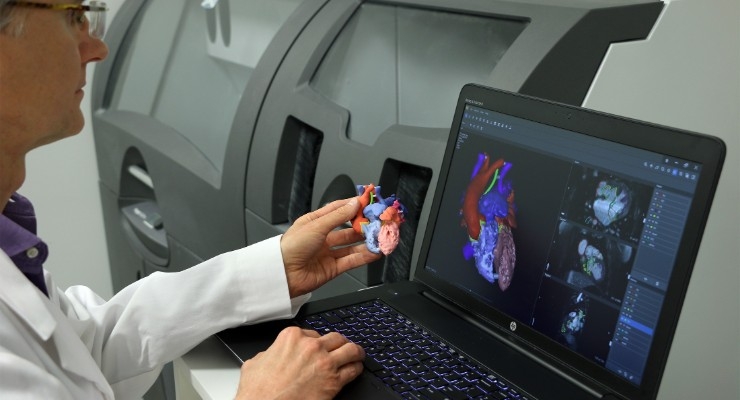
Food and Drug Administration (FDA) is a federal agency mandated to protect public health. They do this by ensuring safety, the viability of human and animal drugs, the safety of vital commodities and medical equipment, and food supply safety. In the coming months, the FDA is requesting all production companies to implement the new Computer Software Assurance (CSA) and do away with the old Computer System Validation (CSV). The research done on CSV identified a few barriers which led to the introduction of CSA.
How Computer System Validation Is Performed
CVS methodology follows standard operating procedures in system development, implementation, and testing. It comprises of four primary life cycles which are;
Concept Phase
In this phase, activities are just started to represent the beginning of the project. Basically, it is the preparation stage with less activities.
Project Phase
This phase entails full systems implementation and testing the following approved documents. In this phase, some of the activities are documentation, test plans, summaries reports, and methodology validation.
Operation phase
The system is put to work while it is being monitored. All activities related to the system, as stated in the manuals, are done. Some of them are backup and restoration, data recovery, user access management, security, and frequent reviews.
Retirement Phase
In this phase, the system is considered null and void. It is no longer used, and plans are set in place to recover data collected by the system in its life cycle. Moreover, the operational and retirement of the system is documented.
Computer Software Assurance (CSA)
FDA CSA methodology will provide a smooth and streamlined process for safer productions. Some of its functions will be risk management, checking on product safety, and quality assurance. Although the methodology is designed for medical systems, it can also be applied to other non-product manufacturing, running, and quality systems. These systems include Quality Management Systems (QMS, Enterprise Resource Planning Systems (ERP), Electronic Document Management Systems (EDMS), and Laboratory Information Management Systems (LIMS).
Our digital world keeps improving every day. New artificial intelligence systems with automated functionalities are being developed. Some tasks in most industries, including testing, are unscripted and automated with smart applications. FDA CSA gives a new and unique way to achieve the best from product industries. It emphasizes critical thinking. Problems in the production line are tackled individually. This risk-based approach is automated and unscripted. Moreover, more critical thinking is key to the development phase and less documentation.
Benefits of CAS
Benefits that can be realized from CAS include;
- Low set up and running costs.
- Shorter development time
- Less paperwork and documentation
- Improved smarter systems because they are risk-based
The FDA will be releasing its new guidance to ensure the quality of manufactured products. Moreover, the process of operation and viability of the system software can be monitored to ensure the systems are running correctly. These life science companies need a well-designed strategy on how they are going to implement the new CAS procedures and do away with CVS methodologies. CAS focuses mostly on quality assurance, product safety, and integrity of data collected.








